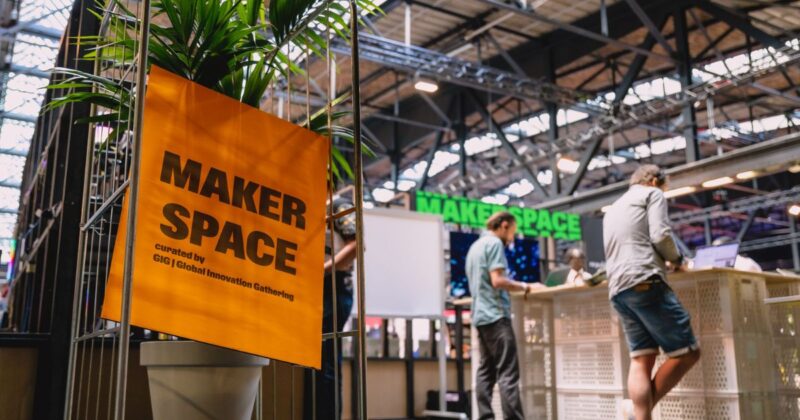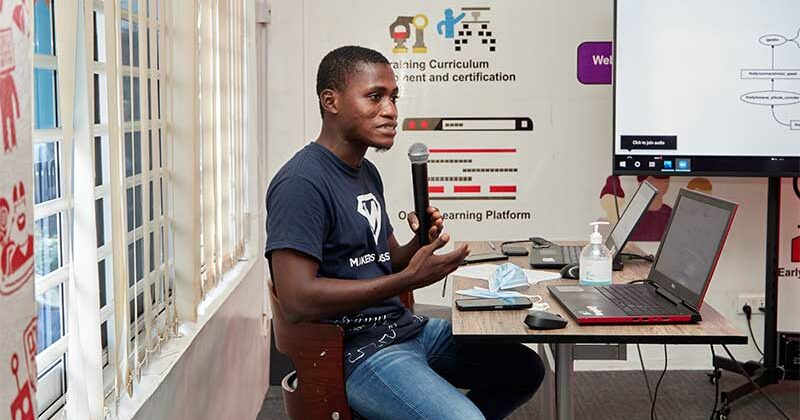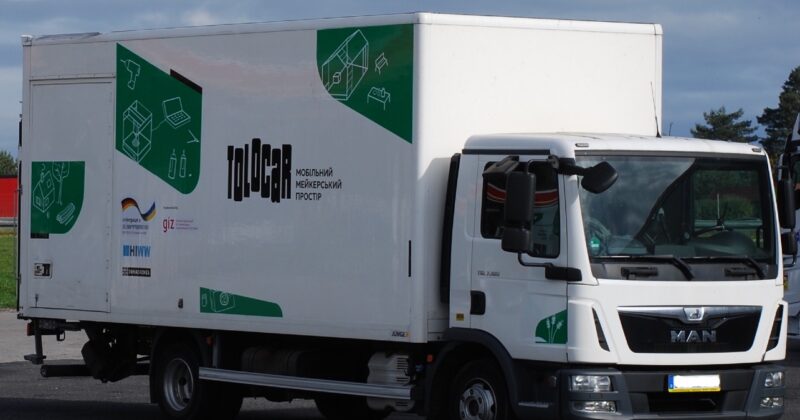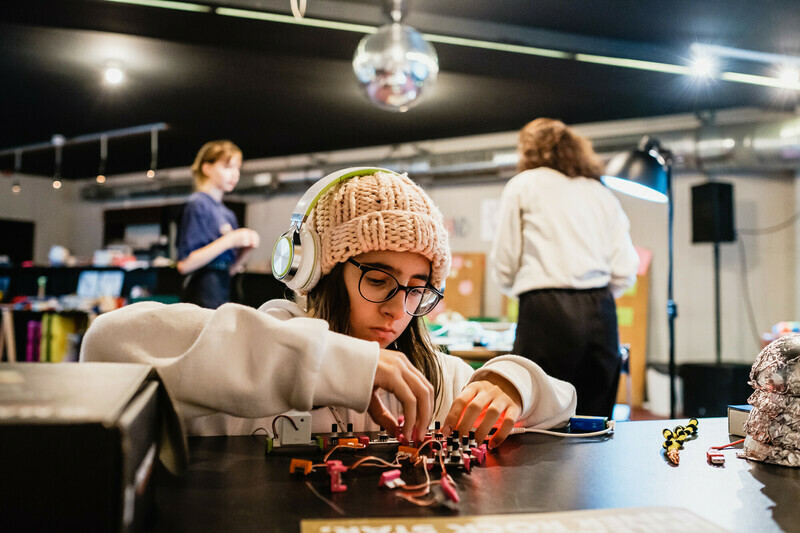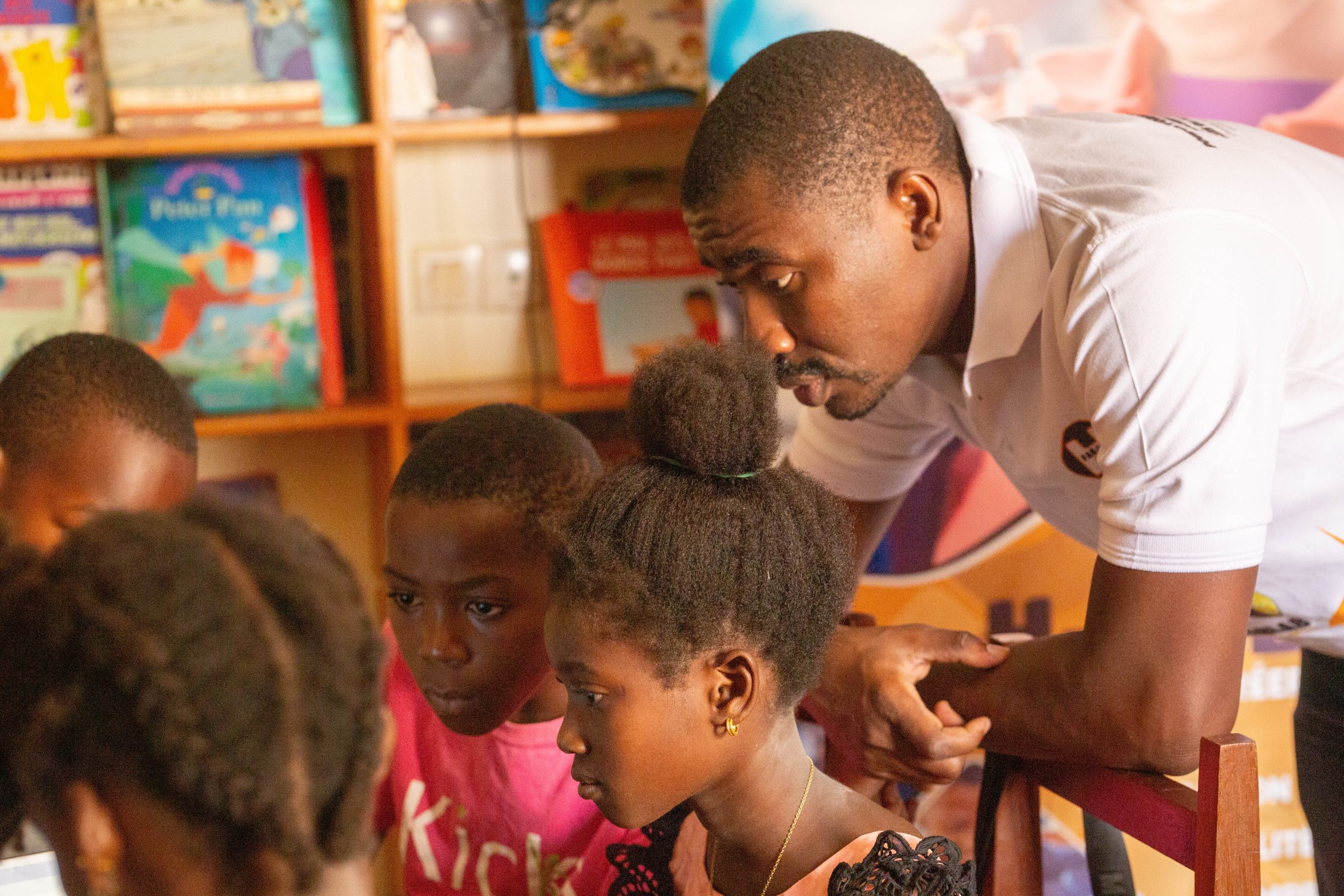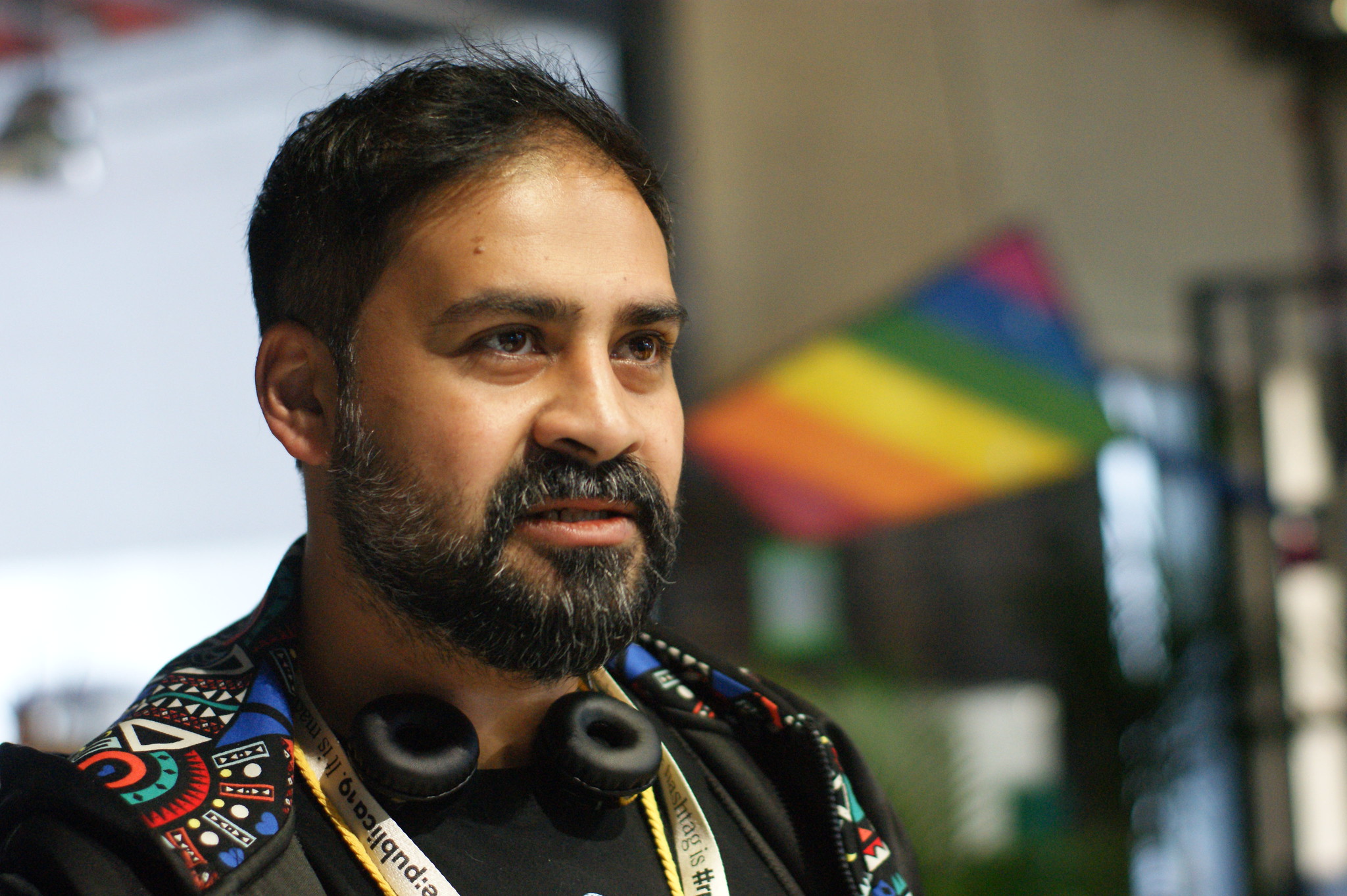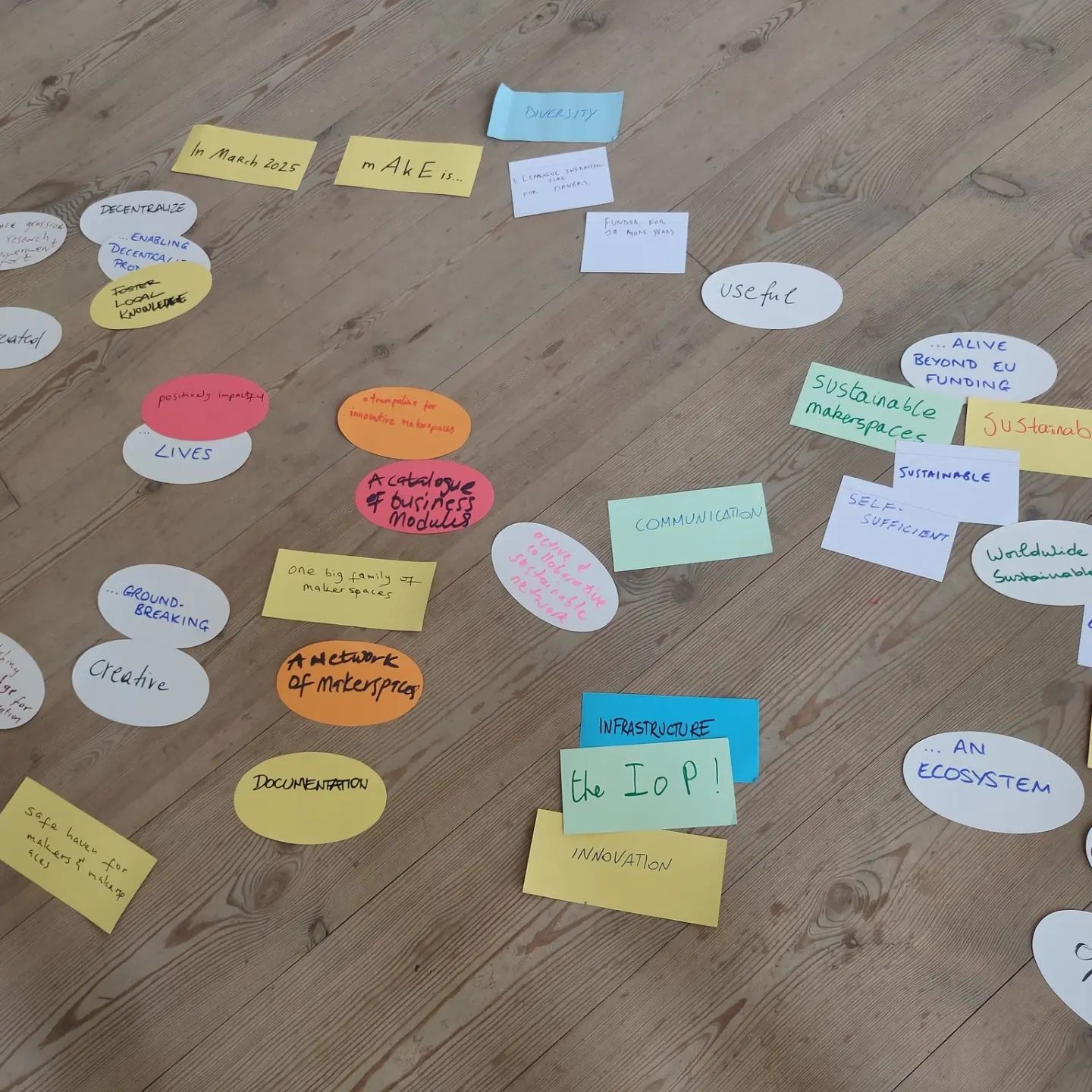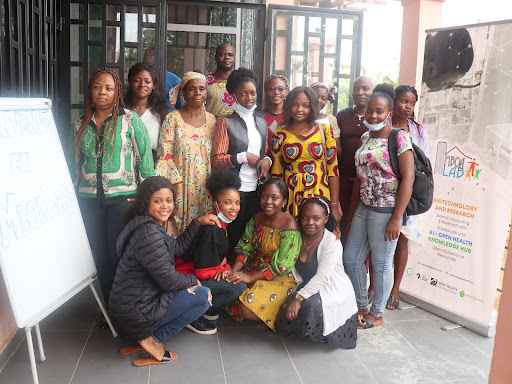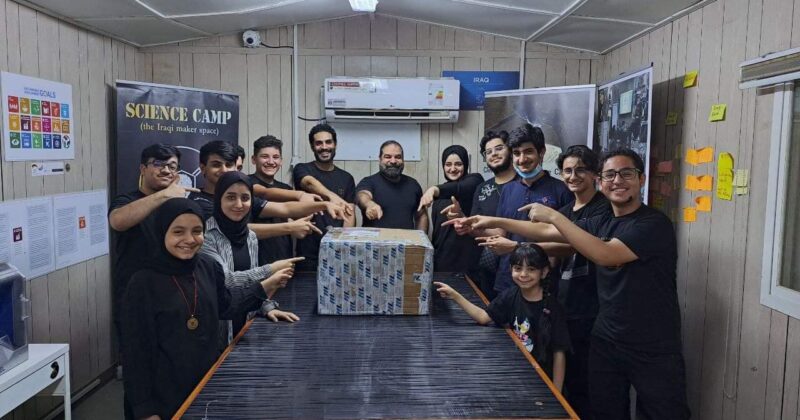
Filling the gaps in Iraq
We sat down to talk with Nawres Arif this past Thursday to discuss his maker program in Iraq. Nawres is a trained pharmacist but considers himself to be more than that. He is also an artist, designer, and robot maker. In around 2003, Nawres became a part of the global maker movement. His passion for making things and his hope to share his passion with others led him to found ScienceCamp in 2013. ScienceCamp became the first-ever maker space in Iraq. Nawres says that among many other goals, this maker space's main aim is to develop ways to “use science to make life better.”
Listen to the interview:
Nawres told us that the traditional education model in Iraq does not allow students to explore their passions. Learning tends to be more theoretical than hands-on, “education needs to be more practical, interactive, and fun.” He found a solution to this problem in the maker movement. He tells us that the maker movement mixes...

